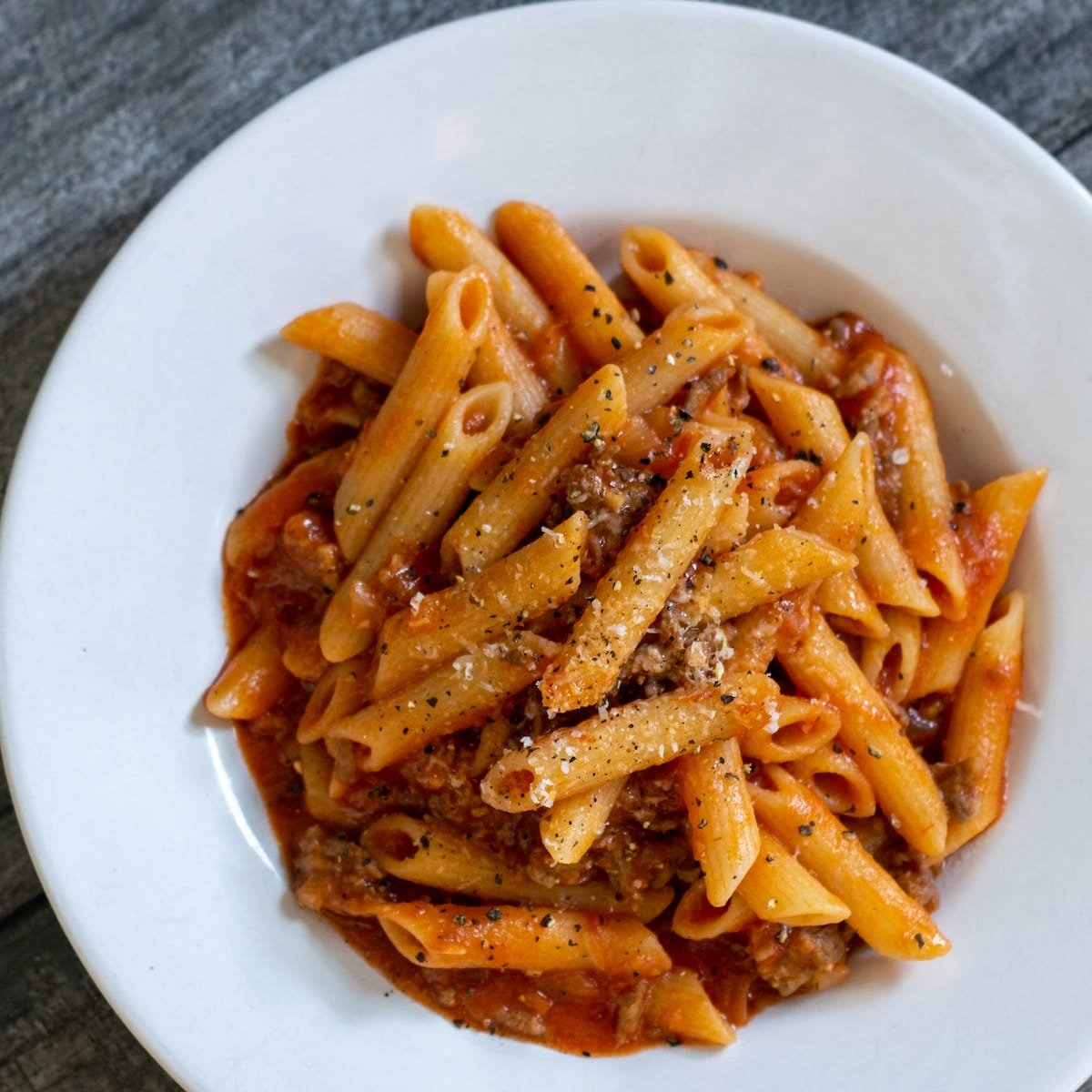Now, if you’ve ever found yourself staring down a pot of spaghetti enough to feed an army when you only needed enough for a battalion, you’re not alone. We’ve all been there, and trust me, I’m the last person who wants to see good food – and hard work – go to waste.
So, let’s dig into the chilly facts about freezing pasta, shall we? Because, believe it or not, your freezer might just be the secret hero in your quest for meal prep efficiency and food safety.
Firstly, I want to stress that freezing pasta is not only possible but it’s also a fantastic way to reduce food waste and save some coins while you’re at it. But like all great things in the kitchen, it comes with a ‘recipe’, if you will, for success.
Nearly all pasta can take a little cold vacation in your freezer, whether it’s cooked or uncooked. The trick lies in how you prepare it for its frosty journey:
Here’s a step-by-step guide to freezing cooked pasta:
When you’re ready to turn that frozen pasta into a gourmet experience, thaw it in the fridge overnight. You can also reheat it directly from the freezer by plunging it into boiling water or warming it in the microwave. Just remember to add a splash of water to keep it from drying out and cover it with a microwave-safe lid or wrap.
Now, let’s talk safety because that’s what we’re all about here. Freezing does not kill bacteria – it just puts them into hibernation. That means the way you handle your pasta before it hits the freezer is crucial. Ensure your pasta is stored quickly after cooking – ideally within two hours. The USDA refers to the range between 40°F and 140°F as the “Danger Zone” because bacteria grow most rapidly within these temperatures.
Additionally, the FDA provides guidelines for safely freezing foods, emphasizing proper packaging and temperature control. Your freezer should be at 0°F (-18°C) or lower, which effectively halts bacterial growth and preserves food quality.
Freezing pasta doesn’t significantly alter its nutritional content. The good news is that the carbohydrates, fibers, and proteins remain pretty stable when frozen. However, freezing can cause a slight loss of B vitamins, which are water-soluble and might leach out if you thaw pasta under running water. But in the grand scheme of things, this loss is minimal.
Alright, let’s wrap this up with some key pointers to keep your pasta game strong and safe:
So there you have it, my fellow pasta lovers! Next time you’re faced with the question, “Can you freeze pasta?” you can confidently answer with a resounding “Yes!” and know exactly how to do it. By following these simple steps and safety tips, you can enjoy your favorite pasta dishes any day of the week, without any extra hassle or waste.


